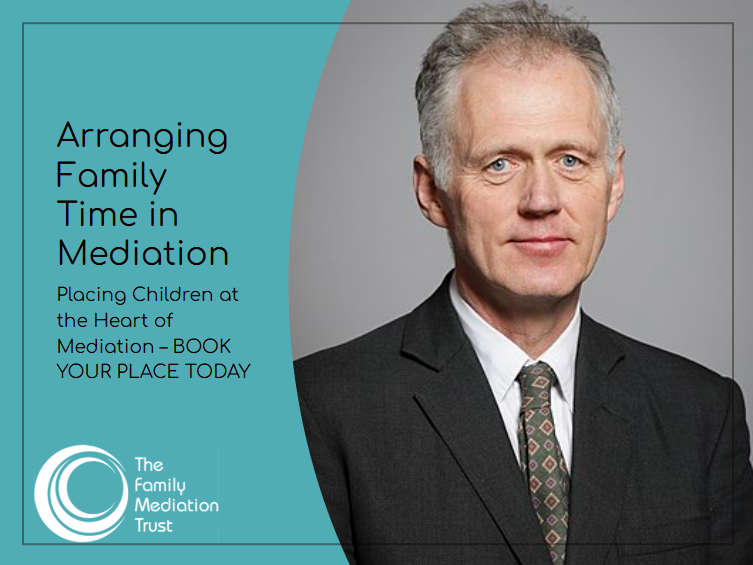Groundbreaking Guide to Improve Family Time Arrangements

The Family Mediation Trust Launches Groundbreaking Guide to Improve Family Time Arrangements
The Family Mediation Trust, in collaboration with the Family Justice Young People’s Board (FJYPB), has taken an innovative step to reshape how family time arrangements are approached in mediation. Drawing directly from the experiences of young people who have lived through family separation, we have developed the Arranging Family Time guide—an essential resource for mediators seeking to ensure that children’s voices are heard in mediation.
This project moves beyond theory. For the first time, a mediation framework has been designed by young people, for young people—offering direct insight into what works and what doesn’t when it comes to making family time arrangements that truly support children’s well-being.
Why This Guide Matters
Through our work with young people, it became clear that many children feel like bystanders in decisions about their family time arrangements. Too often, their concerns, fears, and needs are assumed rather than directly understood. This guide aims to change that by providing mediators with practical tools to help parents create child-centered plans that feel safe, fair, and meaningful.
One key recommendation from young people is helping parents communicate better with their children about arrangements. The guide includes practical advice on how parents can write clear and reassuring letters to their children, ensuring that contact arrangements are explained in a way that reduces anxiety and fosters stability.
Another crucial aspect is addressing the importance of indirect contact. For some children, seeing a parent in person is not always possible or desirable in every circumstance. The guide highlights the role of digital communication, letters, and voice messages in maintaining relationships, ensuring that every form of contact is meaningful and appropriate for the child.
Jenn Gibbon-Lynch, coordinator of the FJYPB and consultant to The Family Mediation Trust’s board, emphasizes the significance of this work:
"Too often, children’s perspectives are an afterthought in family mediation. This guide ensures that their voices are heard from the outset. It’s not just about making arrangements that work on paper—it’s about making them work in real life, for the children at the heart of these families. By listening to young people who have lived through separation, we are giving mediators the tools to create safer, fairer, and more effective family time plans."
A Challenge to the Mediation Profession
This guide is more than just a resource—it’s a wake-up call to the mediation profession. If mediation is truly to serve children’s best interests, practitioners must move beyond traditional methods and actively include children in the process. This event, featuring contributions from the Family Justice Young People’s Board and special guest Lord Ponsonby, will explore how mediators can put these insights into action.
What to Expect at the Event
The event will open with reflections from Lord Ponsonby on how policymakers and mediation professionals can work together to improve outcomes for children in separated families. Mediators will then hear directly from young people about:
- What makes children feel safe during family time.
- The challenges they face when arrangements are made without their input.
- What mediators can do to better support children in the process.
Discussions will also include expert contributions from leading professionals in family mediation, who will explore how these insights align with current best practices and how mediators can apply them in their day-to-day work.
Who Should Attend?
This event is designed for family mediators, legal professionals, social workers, and anyone working with separated families who wants to improve the way children experience family time arrangements. It’s an opportunity to hear directly from young people and learn practical strategies to ensure mediation remains child-focused and future-ready.
The Family Mediation Trust is proud to be leading this conversation. Join us to challenge, learn, and grow—so that every child experiencing family separation has a voice in shaping their future.